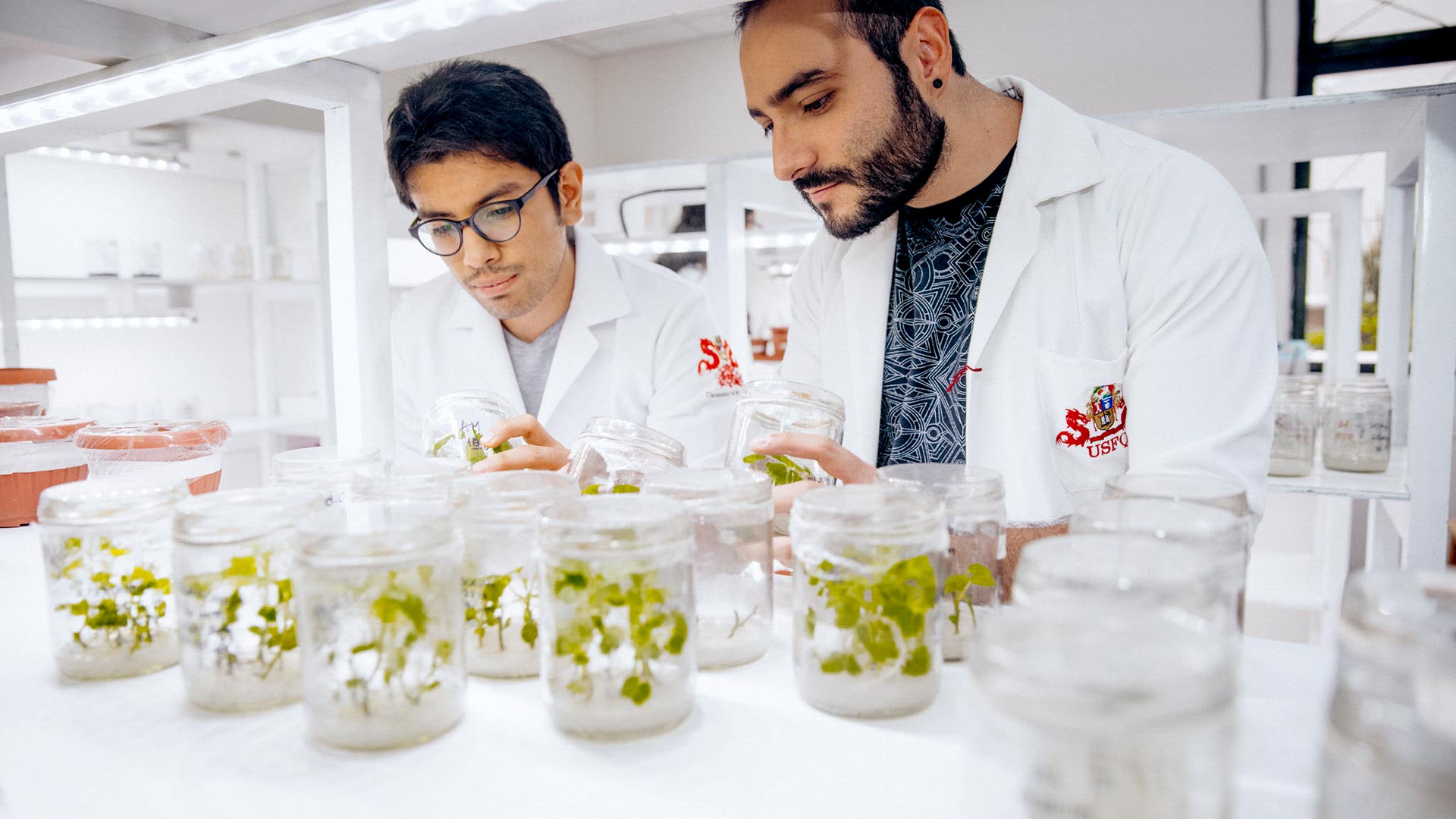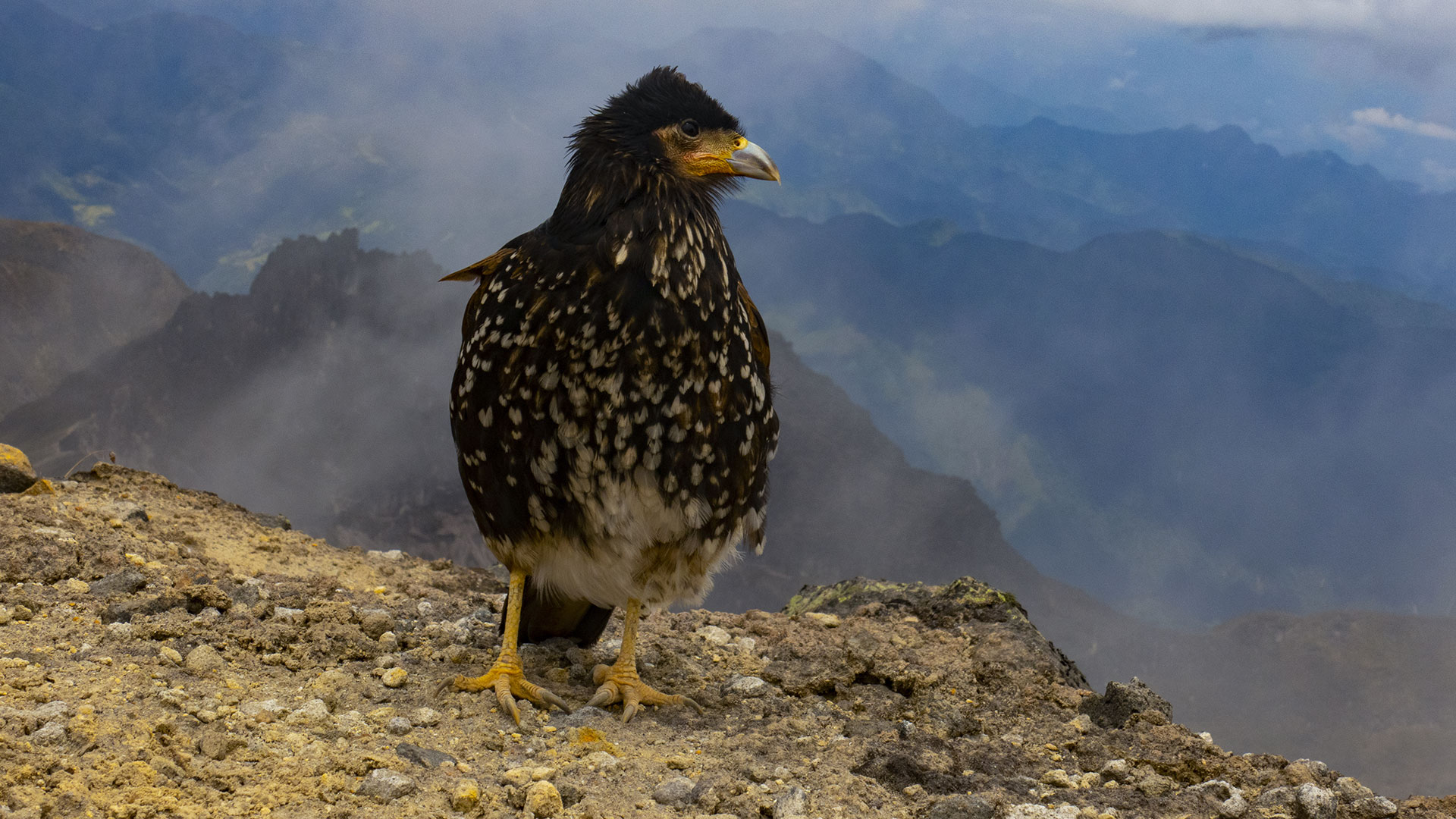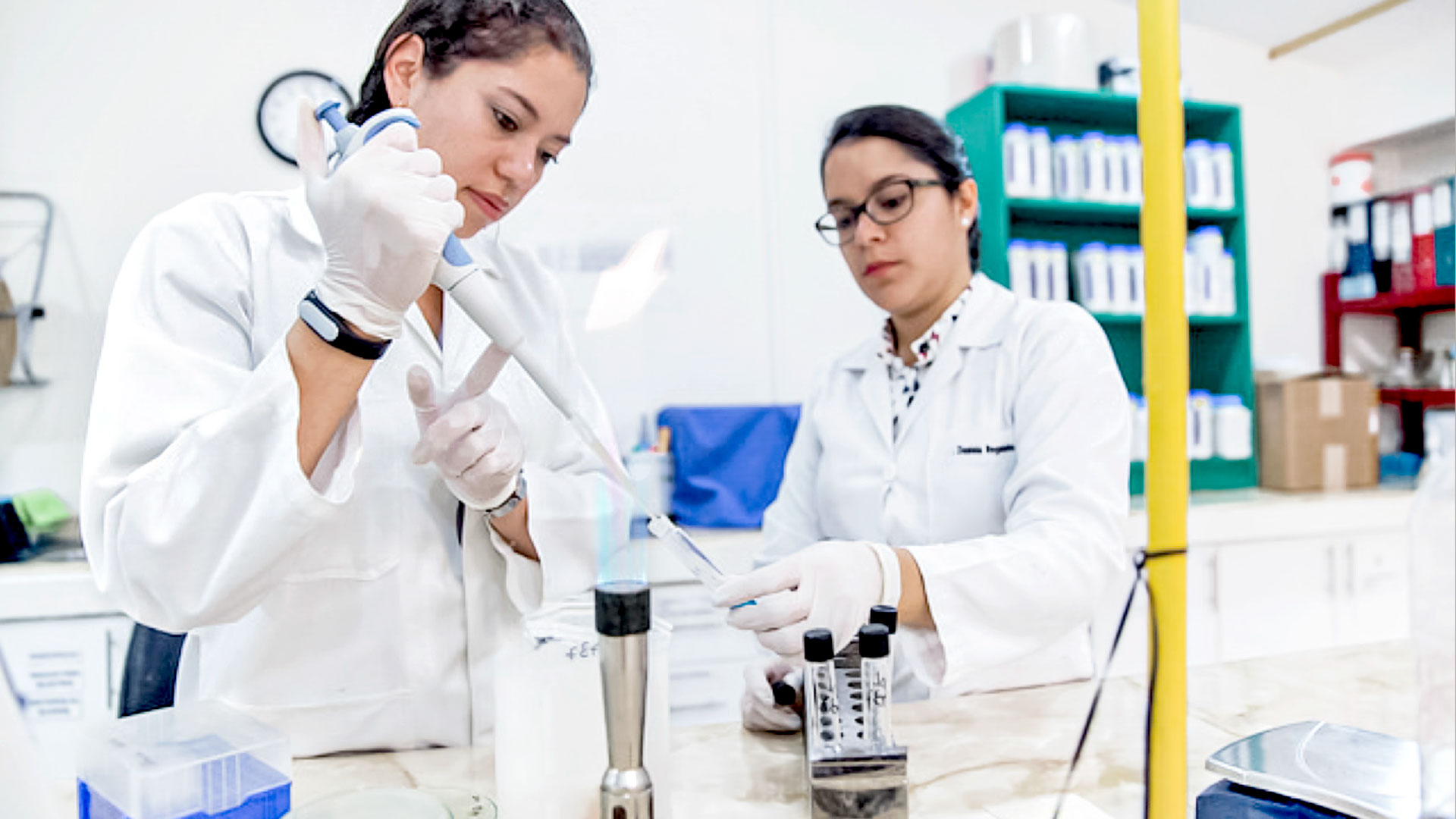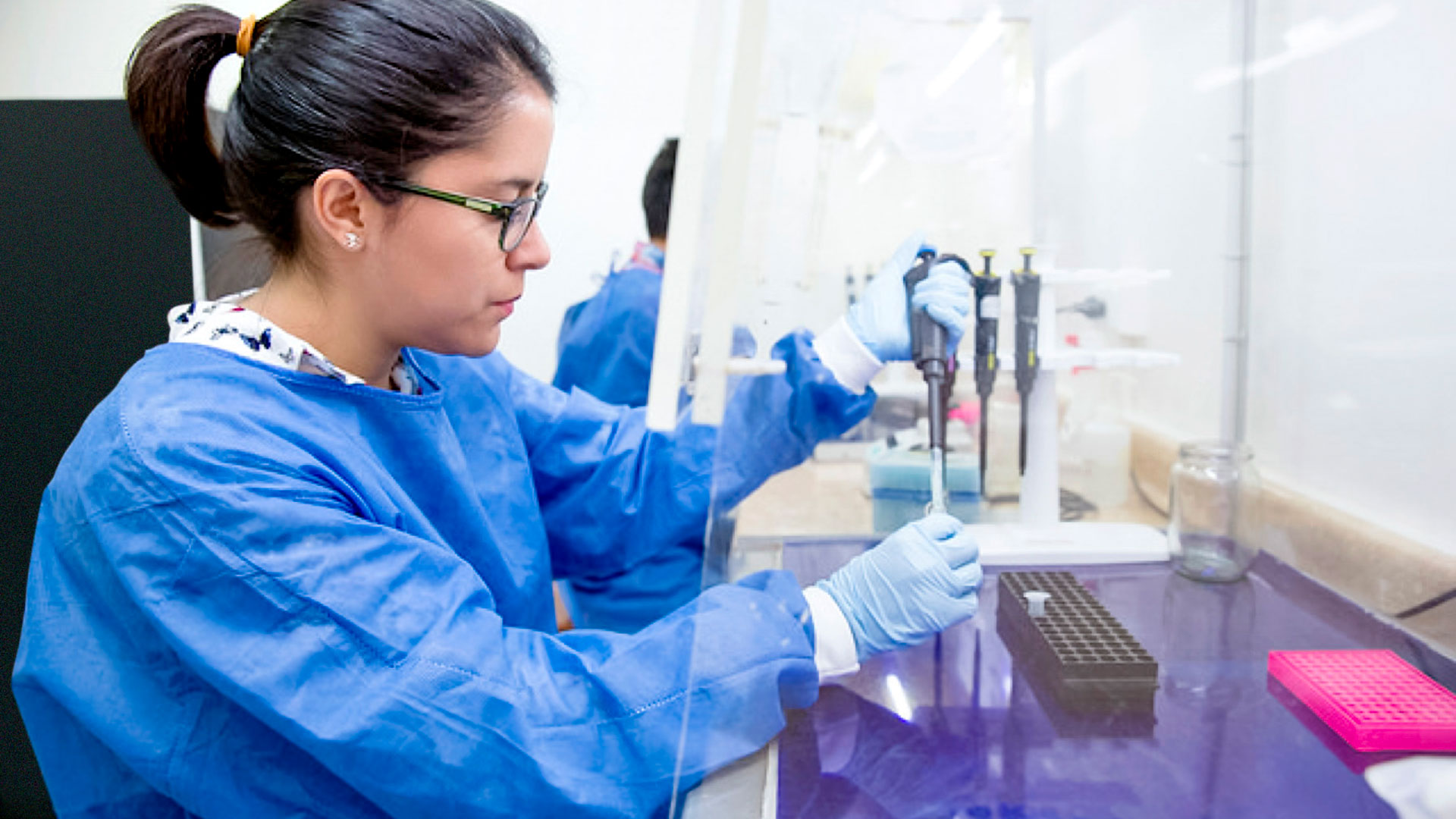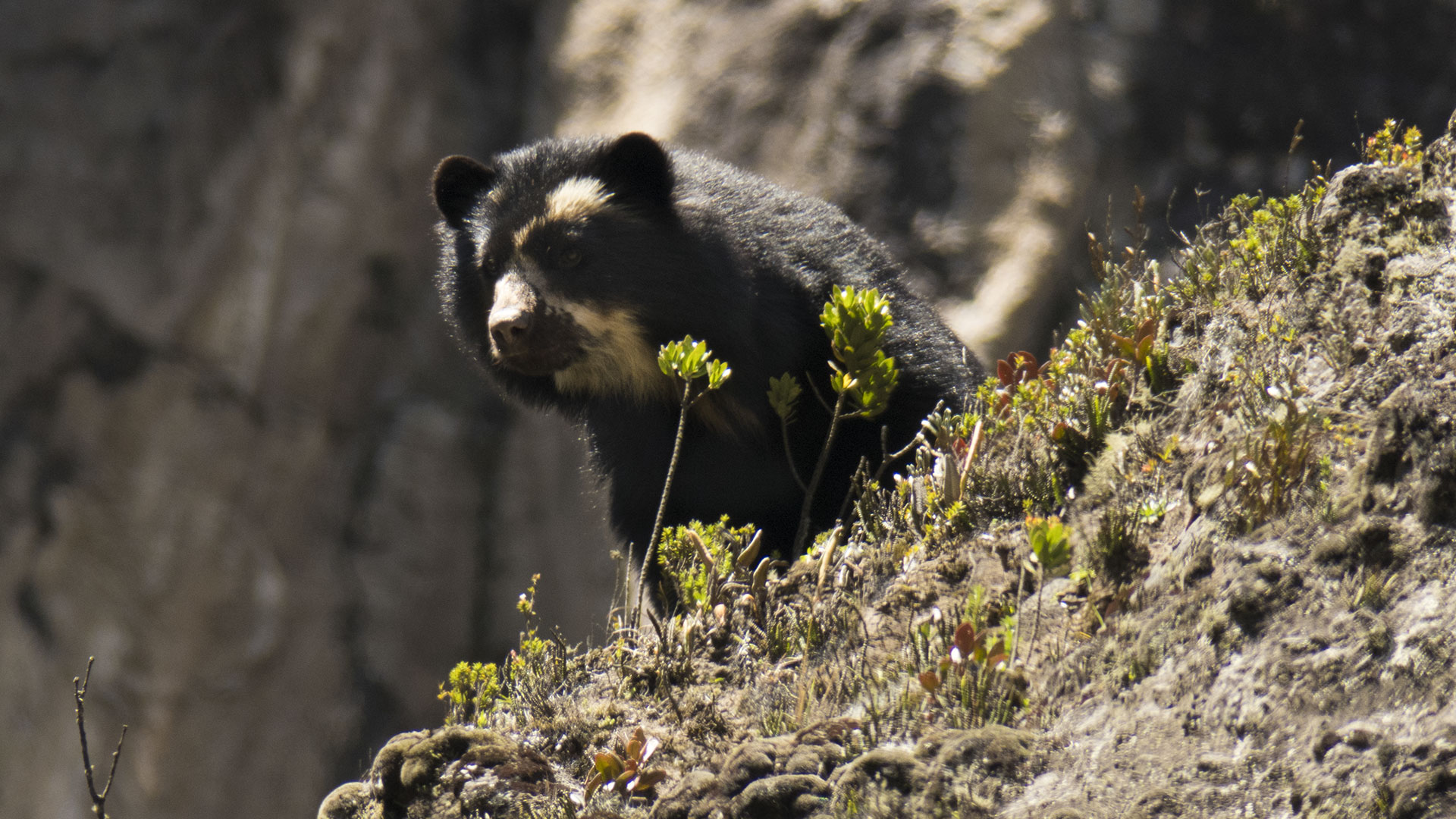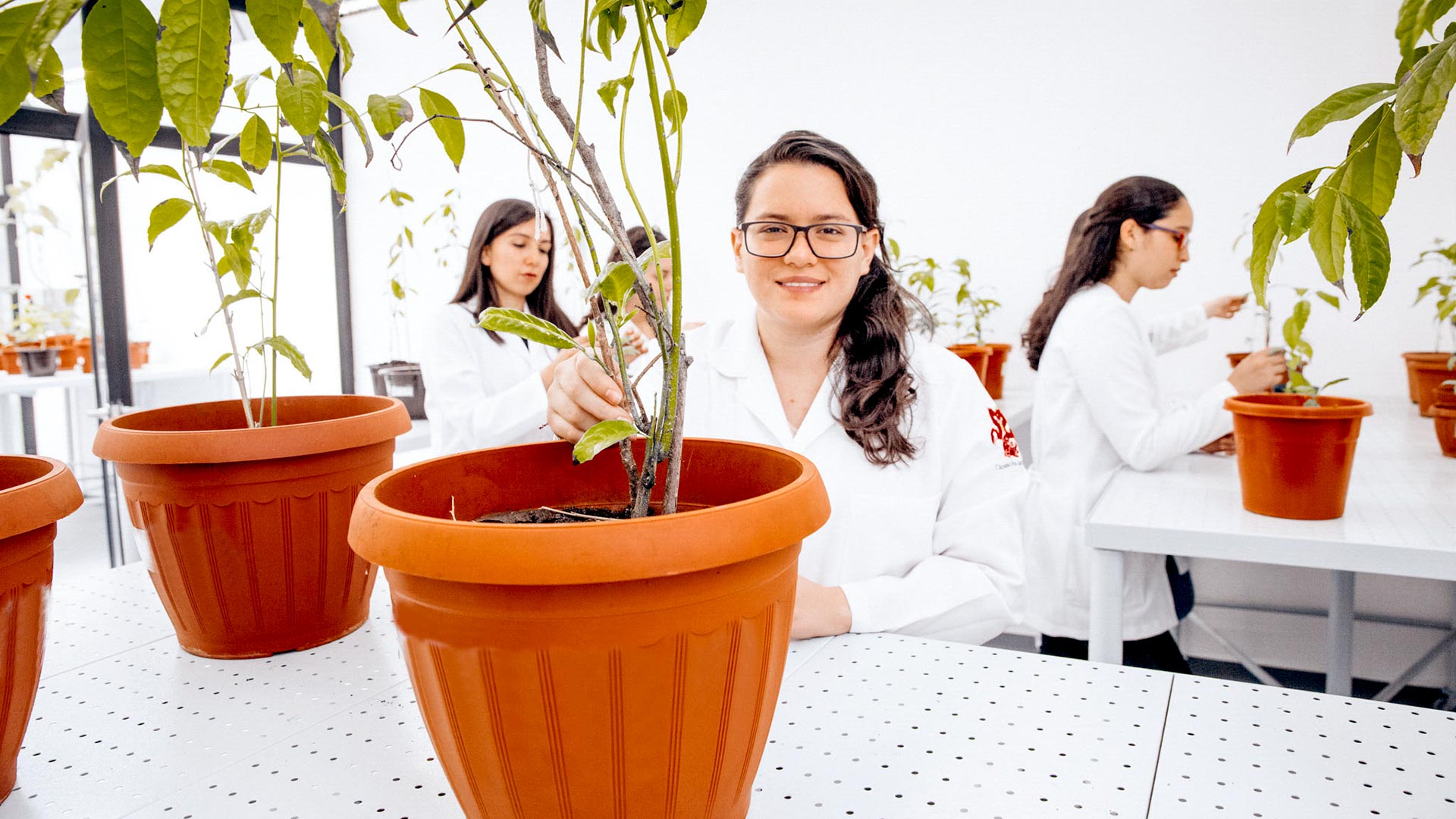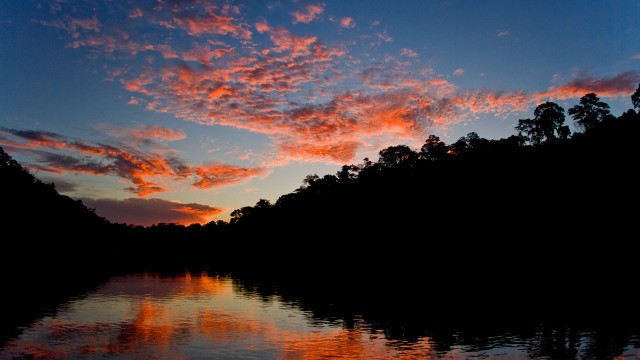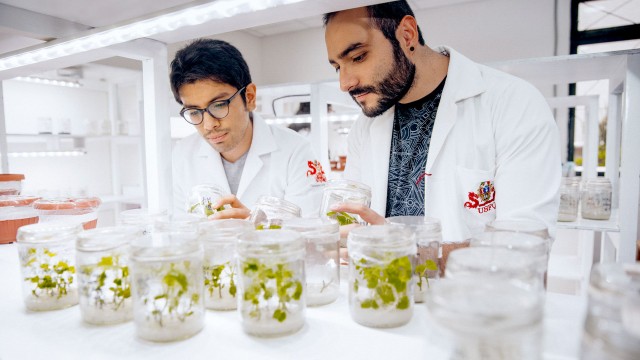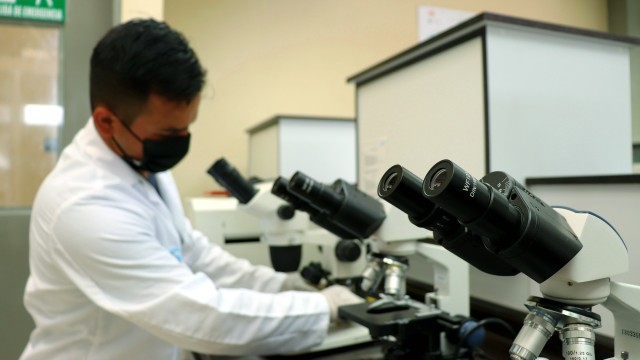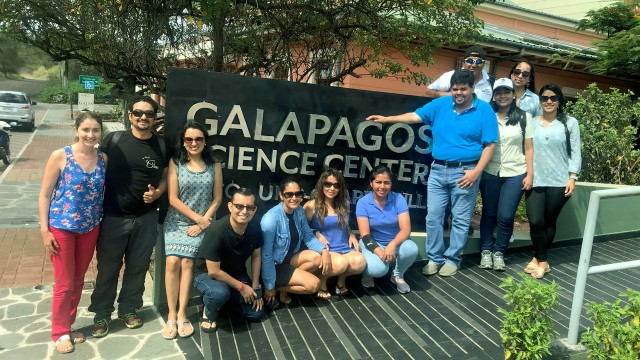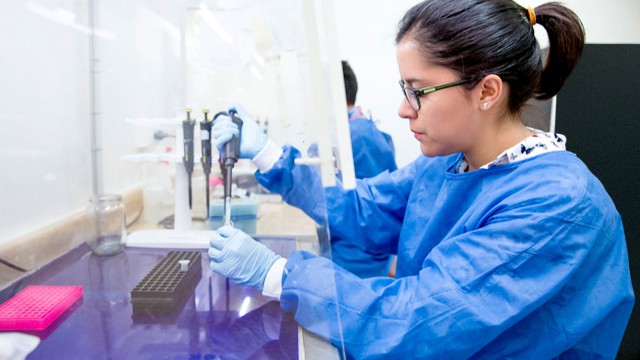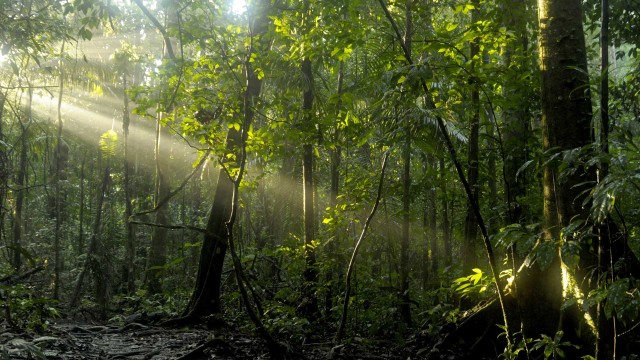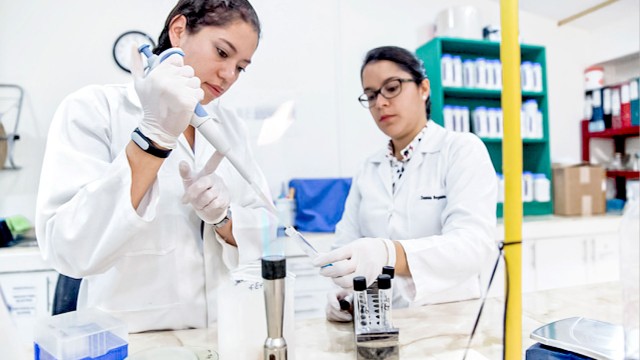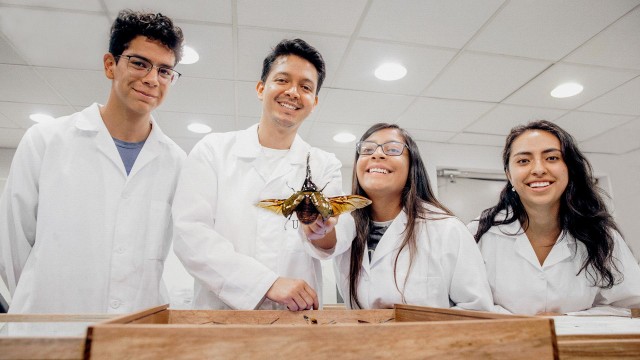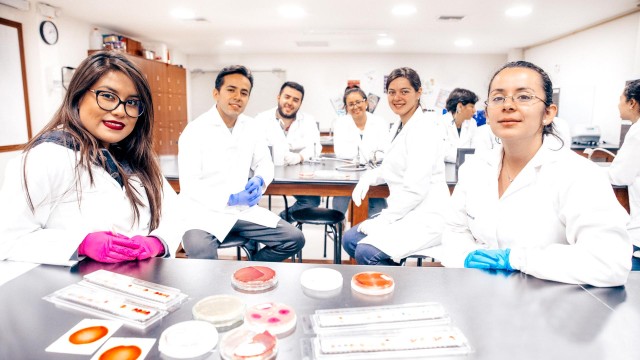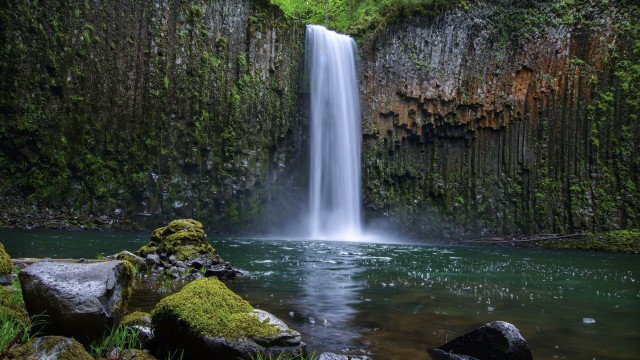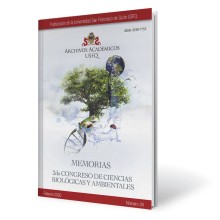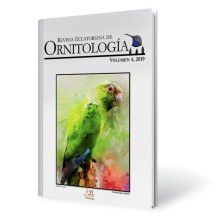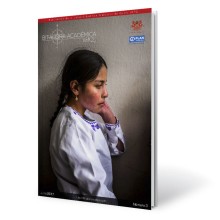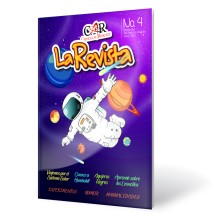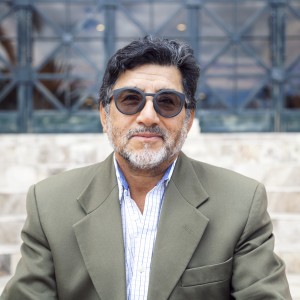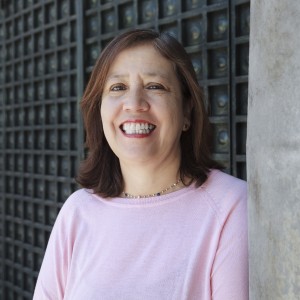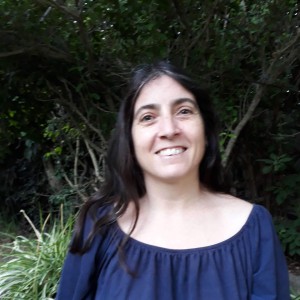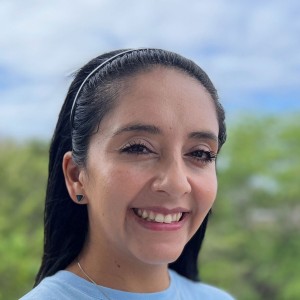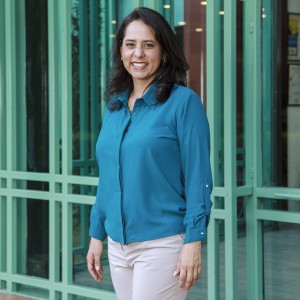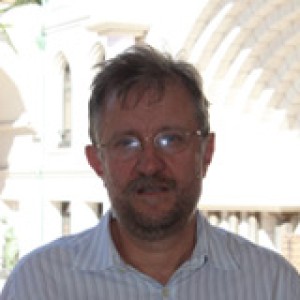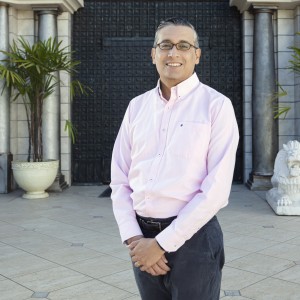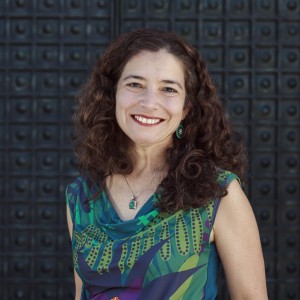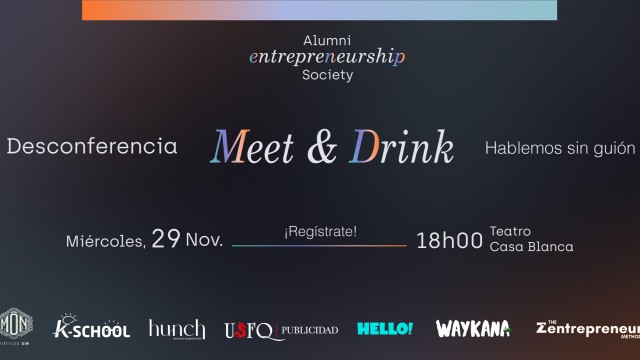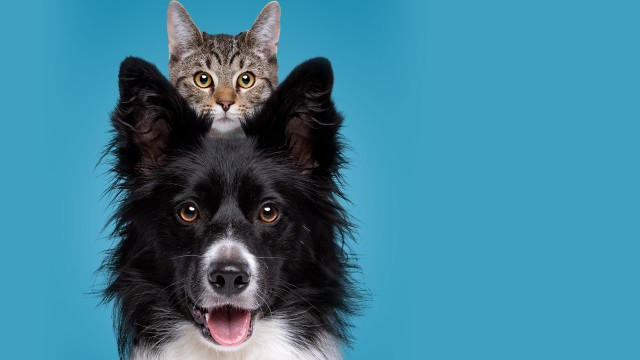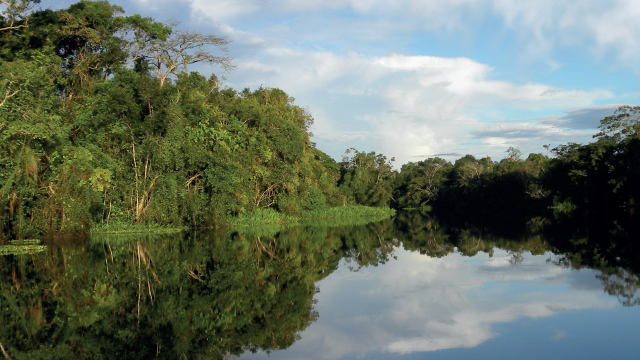COCIBA
College of Biological and Environmental Sciences
The COCIBA College of Biological & Environmental Sciences includes several areas of knowledge, such as Biology, Biotechnology, Zoology, Botany, Microbiology, Terrestrial Ecology, Freshwater Ecology, Marine Ecology, and Management of Natural Resources. We are proud to offer our students a pleasant and innovative study and research environment, where highly educated professors cooperate in developing the skills of all our students. With a team of more than 25 full-time professors and researchers and 300 undergraduate students, we are a constantly growing school.
The undergraduate and graduate courses offered by COCIBA are developed with strong scientific-technical bases, with integrative, interdisciplinary perspectives and with an international projection. All these factors allow us to create a teaching and research environment that reaches high levels of excellence, and where our members can reach and exceed their maximum potential.
- COCIBA includes or contributes to some interdisciplinary research and development institutes and field research stations:
- Galapagos Academic Institute for Arts and Sciences GAIAS
- Galapagos Science Center
- Tiputini Biodioversity Station (tropical forest, Yasuní, Amazonia)
- Mindo Research Station (cloud forest, western Andes)
- Institute of Applied Ecology ECOLAP
- Institute of Microbiology
- GEO center UNIGIS
- Research laboratories in: Plant Biotechnology, Economic Botany (Herbarium), Aquatic Ecology, Ecology and Behavior, Medical Entomology, Microbiology, Parasitology, Terrestrial Zoology.
- Teaching laboratories of: Biology, Molecular Biology, Biotechnology, Botany, Genetic Engineering, Microbiology, Zoology.
Our graduates are the new leaders in the field of biological sciences. Their professional and human quality is recognized at all levels. Our graduates have easily accessed graduate programs at world-renowned universities and have joined important international institutions such as the World Bank, the Wildlife Center, the Museum of Natural History of Paris, among others.
Pregrado
Posgrado
Minors
Since its creation in 1988, USFQ saw the need to train professionals with a vision of the importance of biodiversity and natural resources in Ecuador, a country with extraordinary biological wealth.
USFQ was the first university in Quito to teach an Ecuador Resources course as a compulsory subject for all students of the institution. In 1989, USFQ organized the first National Ecotourism Seminar. All of the above gave guidelines for the creation of a specific school that would implement and develop careers in the environmental area.
The creation of our school took place in 1990 thanks to the ideas and experiences of Gumther Reck, founding dean of COCIBA, Kelly Swing, Carlos Fabara, and Enrique Lasso (all founding professors of the school), and the support of Charles Fugler (herpetologist, professor of University of North Carolina, Santiago Gangotena's friend) who wanted to start an exchange program in environmental sciences between the two universities.
Initially, the college was called the College of Ecotourism and Resource Management. In 1991, the College was renamed the College of Ecology and the requirement was implemented for its students to volunteer for 300 hours and complete a final project to graduate. Later the name would change to the College of Environmental Sciences and then to College of Life Sciences, until finally in 2004 it took its current name, College of Biological and Environmental Sciences COCIBA.
Since its inception, those who formed the College determined the need to include courses in ecology, resource management, environmental monitoring and evaluation, to successfully prepare their students with new professional perspectives. Subsequently, communications and environmental design courses were added. In 1990 the Ecotourism area and the Resource Management area were created, which later became Ecology and Resource Management. The Biotechnology area was created in 1997, the Environmental Engineering area in 1998, the Biology area in 2004 and the Marine Ecology degree in 2007.
In 1992, the College began its field practices in the Galapagos islands, which are currently carried out permanently at the GAIAS institute of USFQ. Since 1994, COCIBA has developed permanent field practices and research in the Amazon region, at the Tiputini Biodiversity Station.
So far, three deans have led COCIBA: Gunther Reck, Ph.D., Founding Dean; Hugo Valdebenito, Ph.D.; and Stella de la Torre, Ph.D.
Research Institutes
Noticias
En este enlace encontrarás noticias, eventos y actividades del Colegio de Ciencias Biológicas y Ambientales de la Universidad San Francisco de Quito.

